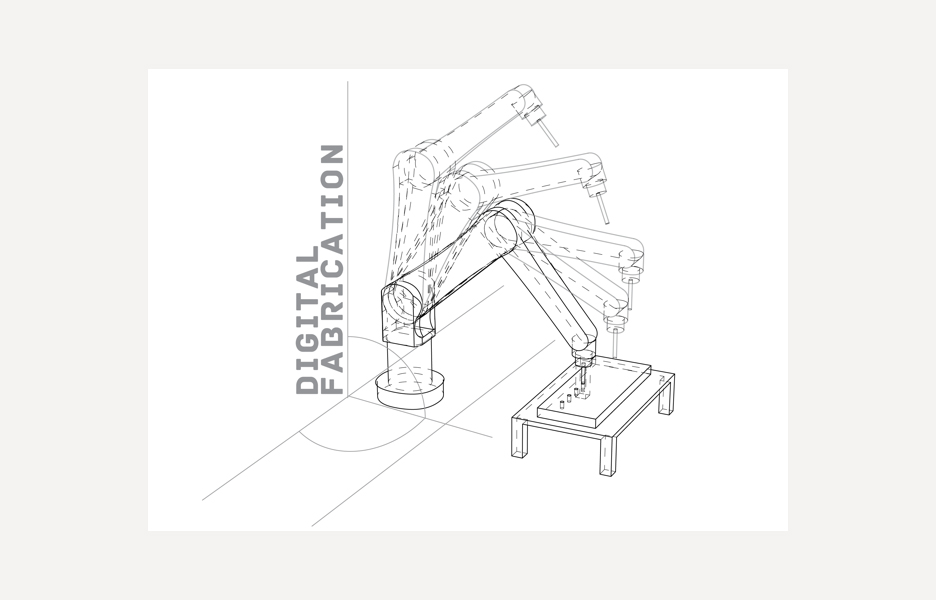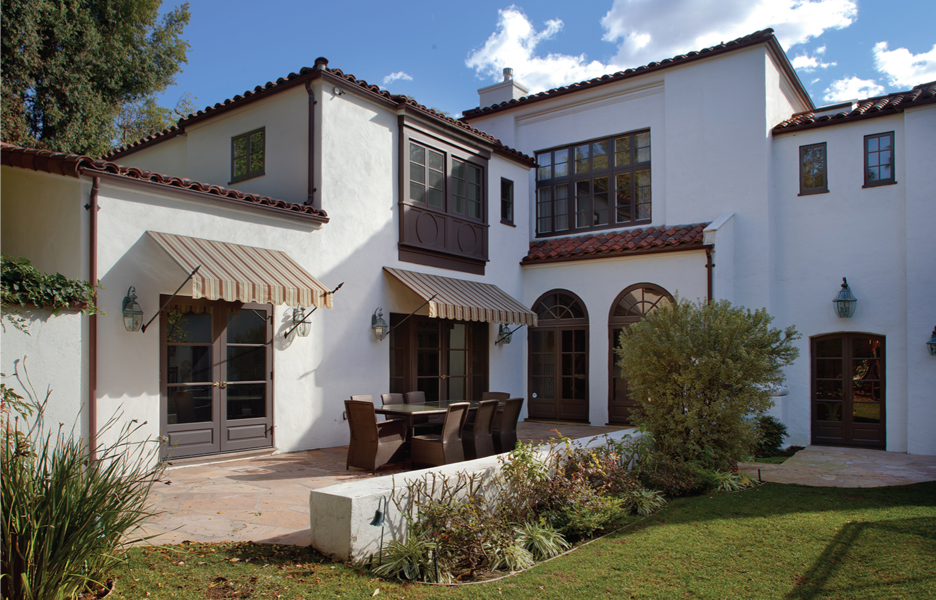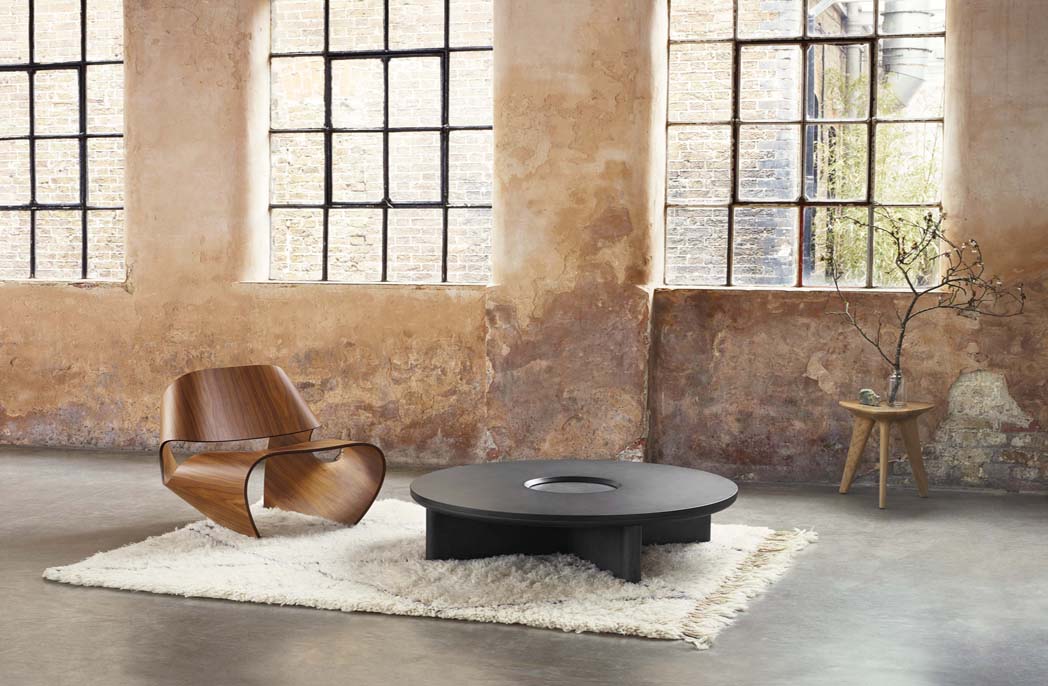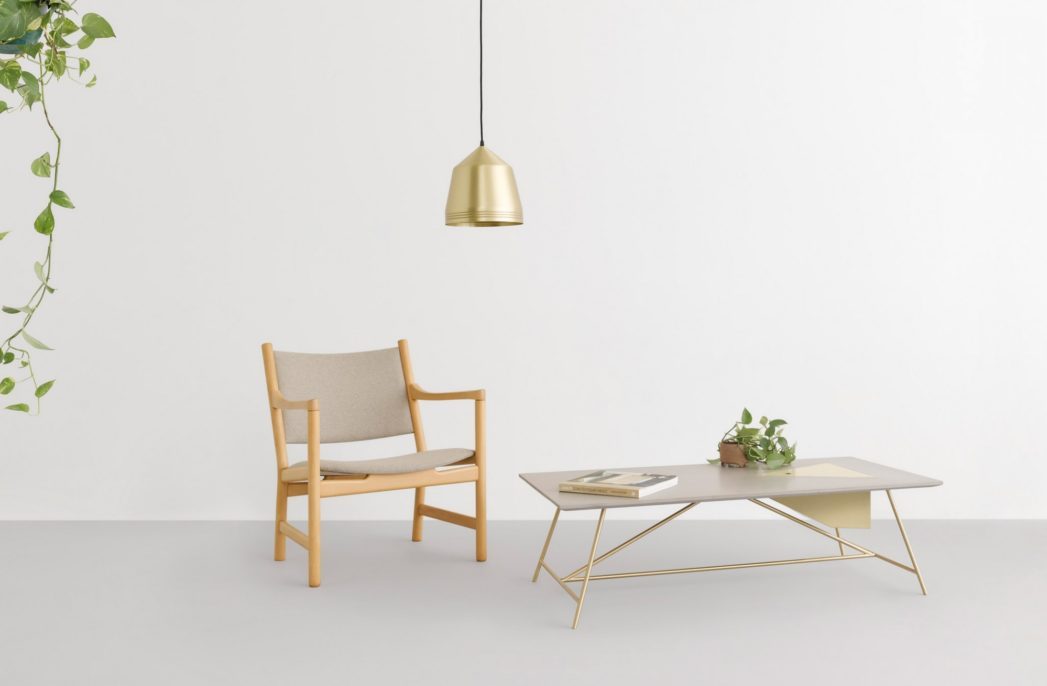
The future is digital
Share
For anyone who ever felt nervous about handing out a key to a prospective tenant or visitor, or, worse, leaving one under the mat, digital security should put their mind at rest for good, writes Angus Richardson.
Technological advances have seen the way we interact with all our household items change and this is no different for the household front door lock. The increasing level of digital door locks in our market has changed the way we look at our front door security. Although still commonly supplied with the traditional mechanical key override, the digital door locks of today can now offer a range of features depending on the user’s wants and needs.
These features can be in the form of a basic digital push button lock, an RFID (radio-frequency identification) lock or a biometric fingerprint lock. Also available is an all-in-one model featuring all the previously listed functions, providing multiple methods of access.
But more recently these features have begun to take a backseat to the smart technologies, such as Bluetooth connectivity using an app on your smartphone or tablet etc. This allows for a simple touch of a button on a connected smartphone or a simple gesture such as shaking the phone to open the lock when the user is approaching the door.
IoT applications
Currently, the latest option is to have Wi- Fi enabled locks allowing smart homes to offer a complete online solution. These features are encompassed by what is commonly known as the Internet of Things (IoT). We will most likely all soon have multiple connected devices within our homes that we will be able to operate via smartphones or a simple voice command to online devices such as Google Home or Amazon’s Alexa- controlled Echo smart speaker etc.
In the world of security, the IoT will, among other things, allow us to simply monitor, lock/unlock doors, view live CCTV (closed circuit television) footage or turn alarms on or off. And we’ll be able to do all of this from the comfort of our couch, workspace or even from a hotel room on the other side of the world. Providing you have access to the internet via cellular or Wi-Fi, the IoT will allow management from anywhere you are.
The most recent benefit offered with today’s digital smart locks means that gone are the days of leaving a key hidden under a rock or pot plant or revealing your PIN (personal identification number) on a piece of paper, so that visitors such as friends, tradespeople or even couriers can gain access. With Bluetooth smart locks, you can now (as the administrator) share a digital key via multiple methods of electronic communication, including text message and email.
Time sensitive
hese digital keys can be in the form of time sensitive PINs. This option means the visitor does not need to download an app to access the door; they simply enter the PIN to open the door. Alternatively, a message can be sent to the visitor that requires them to download an app (if not already installed) and a digital key is added to the app allowing access via a smartphone. Most importantly, whether BLE (Bluetooth low energy) or online options, depending on who your visitor is, you can set the digital key to be time sensitive, meaning that you can provide a solution that will only provide access for a fixed number of days/hours/minutes or even a single-use code that will only open the lock once.
This provides convenience for both you and the visitor, but most importantly maintains security without needing to manage anything, such as deleting codes/RFID cards once the time allocation has expired. For online smart locks (Wi-Fi enabled), the operation is typically much easier, with the added benefit of being able to manage the lock from anywhere, open the door remotely and receive live activities (audits).
These features have not only made it convenient for the homeowner and their visitors, but an ever-expanding industry of self-managed holiday letting such as Airbnb has become much easier to manage.
Now, rather than sending guests to the local real estate/butcher/ newsagency to pick up the keys (always assuming they arrive in business hours!), users of this technology can arrange for them to go directly to the house/ apartment and enter freely using the digital key with which they have been provided via SMS or email as part of their booking. It should be emphasised that these features are not exclusive to residential security.
Business not as usual
The development of smart locks has also seen a change in the way we do business. As with Airbnb, the options for commercial applications have created further opportunities for businesses – such as couriers and postal services dropping deliveries in allocated secure lockers ready for pick-up. Alternatively, utility companies are always looking for the latest technologies to secure the hundreds and thousands of standalone buildings (substations, for example) that are scattered all over Australia. While these were historically secured by a mechanical keyed padlock, we are now seeing the development of smart padlocks to offer all the convenience of above.
Towards the future, there are already new technologies available, such as biometric facial recognition in a residential space. At present, however, the security of these options can be questionable in some cases and, of course, with any biometric system there are issues around privacy concerns. When such issues are overcome, though, this will allow users to simply approach the door for it to open, while offering all the benefits of an online smart lock.
Angus Richardson is the product manager DHW and DDL | Pacific at dormakaba.
This article originally appeared in AR157 – available online and digitally through Zinio.
Photo credit: 123rf’s Teoh Ching Leong @ 123rf.com
















